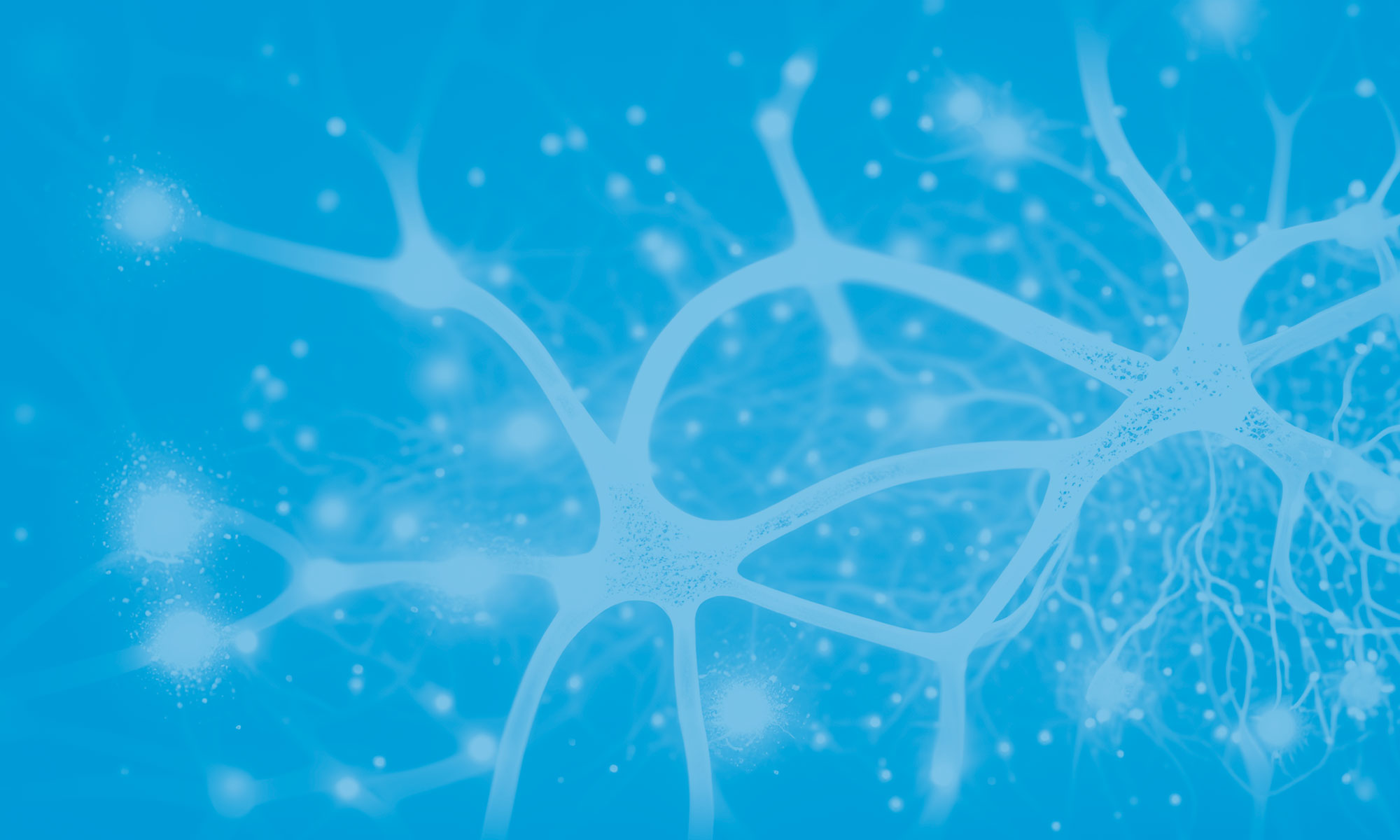Occipital neuralgia can affect every aspect of your life, impacting your daily activities and even your ability to work or make long-term plans.
If you suffer from occipital neuralgia, you know it can be both physically and emotionally challenging for you and your loved ones.
If not addressed, occipital neuralgia can lead to further complications or limitations in mobility over time.
What’s more, the chronic pain caused by this condition often has a significant negative effect on your mental health and general well-being.
Pain management doctors like Dr Meena Mittal and her team of collaborative healthcare professionals have deep expertise in diagnosing and treating chronic pain conditions, including occipital neuralgia.
Discovering ways to manage your occipital neuralgia pain helps you take back your life, enabling you to confidently plan ahead, knowing that your plans are unlikely to be interrupted by a pain flare-up.
If you’re dealing with occipital neuralgia or another form of chronic pain, you know that being unable to fully partake in your own life due to the challenges involved is isolating and results in depression, anxiety, and increased stress.
Whether through medical intervention, physical therapy, or lifestyle adjustments, alleviating occipital neuralgia pain enables you to reclaim your vitality and enjoyment of life.
Don’t let chronic pain control your future – visit Persistent Pain Solutions and start a path towards relief.
Table of Contents
- Defining Occipital Neuralgia
- Where Does Occipital Neuralgia Occur?
- What Causes Occipital Neuralgia?
- What is an Occipital Neuralgia Specialist?
- Multidisciplinary Teams for Occipital Neuralgia Treatment
- How Does a Pain Specialist Treat Occipital Neuralgia?
- The Challenges of Living with Occipital Neuralgia
- How Do I Find an Occipital Neuralgia Pain Specialist Near Me?
- Persistent Pain Solutions for Occipital Neuralgia
Defining Occipital Neuralgia
Occipital neuralgia is a neurological condition characterised by chronic pain in the upper neck, back of the head, and behind the eyes.
This pain is often caused by irritation or injury to the occipital nerves, which run from the base of the skull up through the scalp.
Common symptoms of occipital neuralgia include sharp, shooting pain, tenderness in the scalp, and sensitivity to light.
Treatment typically involves medications, nerve blocks, physical therapy, and sometimes surgery to alleviate symptoms and improve quality of life.
Where Does Occipital Neuralgia Occur?
Occipital neuralgia typically occurs in the upper neck, back of the head, and behind the eyes.
The pain is often localised to these areas and may radiate along the path of the occipital nerves, which run from the base of the skull up through the scalp.
What Causes Occipital Neuralgia?
Occipital neuralgia can be caused by various factors, including:
- Compression or Irritation of the Occipital Nerves. This can result from tight muscles in the neck or scalp, injury to the back of the head or neck, or medical conditions such as arthritis.
- Trauma. Injuries such as whiplash from car accidents or sports injuries can damage the occipital nerves, leading to neuralgia.
- Inflammation. Inflammatory conditions such as infections or autoimmune disorders can affect the occipital nerves, causing pain and discomfort.
- Tumours. Rarely, tumours or other growths near the occipital nerves can put pressure on the nerves, leading to neuralgia.
- Genetic Predisposition. Some individuals may have a genetic predisposition to develop occipital neuralgia, although the exact mechanisms are not fully understood.
It’s important to note that in many cases, the exact cause of occipital neuralgia may not be identified, and it can manifest spontaneously without any apparent trigger.
What is an Occipital Neuralgia Specialist?
A pain specialist who treats occipital neuralgia is a healthcare professional dedicated to diagnosing and treating conditions associated with chronic pain, including occipital neuralgia.
These specialists focus on alleviating chronic pain and collaborate with teams whose members include various medical practitioners such as neurologists, headache specialists, and physical therapists.
They focus on employing diverse treatment modalities, including medications, nerve blocks, and physical therapy, tailored to alleviate pain and enhance the quality of life for individuals suffering from occipital neuralgia.
Multidisciplinary Teams for Occipital Neuralgia Treatment
Occipital neuralgia is best treated by a collaborative team of healthcare professionals, including:
- Pain Management Specialists. These physicians focus on managing and relieving chronic pain conditions, including occipital neuralgia, through various treatment modalities such as medications, injections, and physical therapy.
- Neurologists. These doctors specialise in diagnosing and treating disorders of the nervous system, including conditions that affect the nerves such as occipital neuralgia.
- Headache Specialists. Some neurologists or pain management specialists may have specific expertise in managing headaches, including occipital neuralgia, and can provide specialised care tailored to the individual’s needs.
- Physical Therapists. Physical therapists play a crucial role in managing occipital neuralgia by providing exercises, stretches, and manual techniques to improve posture, reduce muscle tension, and alleviate pain.
When seeking care for occipital neuralgia, it’s essential to find healthcare providers with experience and expertise in diagnosing and managing this specific condition to ensure the best possible outcomes.
How Does a Pain Specialist Treat Occipital Neuralgia?
A pain specialist employs various treatment approaches to manage occipital neuralgia, aiming to alleviate pain and improve your overall well-being.
Some common treatment methods or techniques used to treat your occipital neuralgia may include:
- Medications. Pain specialists may prescribe medications to help manage the symptoms of occipital neuralgia. This could include over-the-counter pain relievers such as ibuprofen or acetaminophen, as well as prescription medications like muscle relaxants, antidepressants, or anticonvulsants, which can help reduce nerve pain.
- Nerve Blocks. Nerve blocks involve injecting a local anaesthetic, often combined with a corticosteroid, directly into the affected occipital nerves. This can help block the pain signals and reduce inflammation in the area, providing temporary or sometimes longer-lasting relief.
- Botox Injections. Botulinum toxin (Botox) injections may be used to block the release of certain chemicals involved in transmitting pain signals from the occipital nerves. Botox injections can help reduce the frequency and severity of occipital neuralgia symptoms in some individuals.
- Physical Therapy. Pain specialists may refer individuals with occipital neuralgia to physical therapists who can provide exercises, stretches, and manual therapy techniques to improve posture, reduce muscle tension, and alleviate pain.
- Lifestyle Modifications. Pain specialists may recommend lifestyle changes to help manage occipital neuralgia symptoms, such as maintaining good posture, managing stress, getting adequate sleep, and avoiding activities or triggers that exacerbate pain.
- Radiofrequency Ablation. In some cases, pain specialists may recommend radiofrequency ablation or pulsed radiofrequency ablation, a minimally invasive procedure that uses heat or electrical energy generated by radiofrequency waves to temporarily disrupt the function of the occipital nerves, providing relief from pain.
- Surgical Interventions. In rare cases where conservative treatments are ineffective, surgical options such as nerve decompression or occipital nerve stimulation/ neuromodulation may be considered. Pain specialists can evaluate the individual’s condition and coordinate with surgeons to determine the most appropriate surgical approach, if necessary.
Pain management doctors like Dr Mittal tailor their treatment plans to your specific needs and preferences.
She considers factors such as the severity of symptoms, underlying medical conditions, and response to previous treatments to provide the most comprehensive care for your occipital neuralgia.
The Challenges of Living with Occipital Neuralgia
Living with occipital neuralgia poses many challenges, including:
- Chronic Pain. Occipital neuralgia is characterised by recurrent episodes of severe pain in the back of the head, neck, and behind the eyes. Coping with chronic pain can significantly impact daily activities, work, and overall quality of life.
- Disruption of Daily Activities. The pain associated with occipital neuralgia can make it difficult to perform routine tasks such as working, driving, or even sleeping comfortably. Individuals may experience limitations in their ability to engage in physical activities or concentrate on tasks due to the constant pain.
- Emotional and Psychological Impact. Living with chronic pain can lead to emotional distress, anxiety, depression, and frustration. Coping with the unpredictability of pain episodes and the impact on daily life can take a toll on mental well-being and overall emotional health.
- Impact on Relationships. Occipital neuralgia can affect relationships with family members, friends, and colleagues. Individuals may need support and understanding from loved ones, but the condition’s limitations and challenges may strain interpersonal relationships.
- Financial Burden. Managing occipital neuralgia often involves medical appointments, treatments, medications, and possibly even surgical interventions. The financial costs associated with healthcare expenses, including copayments and missed workdays, can add stress and strain to individuals and their families.
- Difficulty in Diagnosis and Treatment. Occipital neuralgia can sometimes be challenging to diagnose, as its symptoms can overlap with other conditions. Finding effective treatment options may also require trial and error, and individuals may need to work closely with healthcare providers to develop a personalised treatment plan that addresses their specific needs and preferences.
- Impact on Social Life. Individuals with occipital neuralgia may find it challenging to participate in social activities or maintain social connections due to pain and discomfort. Feelings of isolation or withdrawal from social interactions can further exacerbate the emotional toll of living with the condition.
Overall, living with occipital neuralgia can be physically, emotionally, and socially challenging, requiring comprehensive support, coping strategies, and access to appropriate medical care to manage the condition effectively.
How Do I Find an Occipital Neuralgia Pain Specialist Near Me?
Finding an occipital neuralgia specialist in your area is a fundamental part of living a fuller and healthier life while dealing with this chronic condition.
To find an occipital neuralgia specialist in or around Melbourne, you can start by asking your general practitioner for referrals to a pain management doctor, ideally one with a team or network of pain management professionals who have experience treating patients with occipital neuralgia.
Ensure the pain management doctor has adequate training and years of local experience in treating this debilitating condition.
You can also consider asking friends, family, and even support groups for occipital neuralgia (both online or in-person) for referrals to physicians they’ve found helpful.
Persistent Pain Solutions for Occipital Neuralgia
Dr Mittal and her collaborative team of healthcare professionals pride themselves on giving compassionate care to every chronic pain patient who walks into the Persistent Pain Solutions Clinic.
Occipital neuralgia or other chronic pain takes a deep physical and emotional toll on individuals as well as their friends and family — but we are here to help you find solace and comfort.
The Persistent Pain Solutions clinic offers a healing atmosphere where your concerns and needs are paramount.
Dr Mittal prides herself on prioritising empathy, understanding, and support.
Compassion is essential to healing, after all, and Dr Mittal is dedicated to guiding you towards relief from occipital neuralgia and restoring your ability to enjoy your daily routine and a higher quality of life.

Find a Persistent Pain Solutions Location Near You
Leader in Personalised Care, Integrative Pain Medicine, & Pain Management Intervention.
Pain Treatments We Offer in Melbourne, Victoria

Don’t Miss an Update
Join our newsletter to learn more about our staff, patients, and communities in the know on all of the recent news, events, and announcements for Persistent Pain Solutions.
